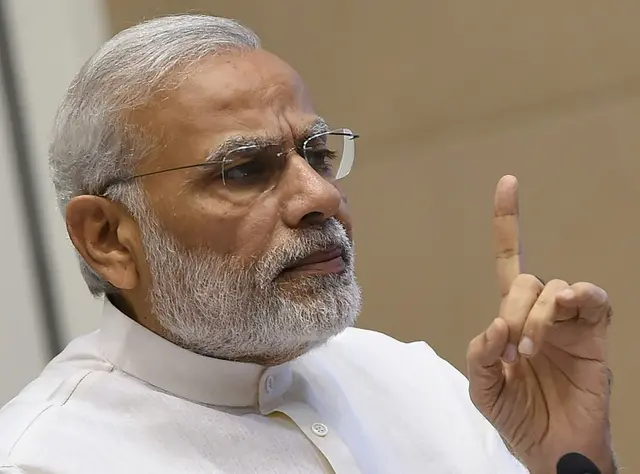Whatever else 2014 will be known for, it was not an easy one for Uncle Sam who wrapped up the year with nationwide protests ignited by racial tensions.
The United States may want to hit the headlines with more positive stories as it enters 2015 by unveiling on Saturday a new Congress for the final two years of Barack Obama's presidency.
To address its various problems ranging from a troubled fiscal regime to racial issues, it is advisable that the United States, for a start, refrain from blaming any third party for its problems and reset relations with others, especially the big countries, including China.
Uncle Sam should wake up to reality that as the world is transforming from one-polar to a multipolar one, relationships are no longer defined by strategic rivalry, but by fair and healthy competition, practical cooperation and constructive management of differences.
Thus, it needs to shake off the mechanistic thinking that Cold War-like rivalry is inevitable and big countries are condemned to a zero-sum game.
As for relations with China, the world's second-largest economy and largest developing country, trust-building remains the most urgent task for both countries.
In the past years, Washington's high-profile "pivot to Asia" policy, which has, intentionally or unintentionally, emboldened a few Asian countries to pick up fights with China over territorial disputes. Spats over trade, environmental protection, cybersecurity and human rights between China and the United States have all contributed to mistrust.
Fully aware of the risk of strategic misunderstanding, Chinese President Xi Jinping and Obama have made frequent and fruitful contacts since they first met at the Sunnylands estate in California in June 2013.
Among the endeavors, the Chinese leadership has proposed a new type of major-country relations. The wisdom, also acknowledged by Washington, could save probably one of the world's most important bilateral relationships from falling into the so-called Thucydides trap, the often-cited cycle of struggle between rising and established powers.
The two sides should follow the strategy and carry it forward.
Trade and economy is probably an ideal sphere to get started, given the ever-deepening economic globalization and the ever-tightening intertwinement of U.S. and Chinese interests, and that economic issues are closer to people's lives.
To set things right, Washington should also come to realize that putting its own economic house in order is always a better option than trying to find a scapegoat, and that a strong, stable and dynamic Chinese economy would help secure continued prosperity of the world, including the United States.
It is advisable that the United States engage with China economically in a realistic manner to work for mutual benefits.
Among the tasks facing the world's two largest economies, negotiating a bilateral investment treaty should be a priority. Such a treaty would have great benefits for both countries. Enditem
 简体中文
简体中文

